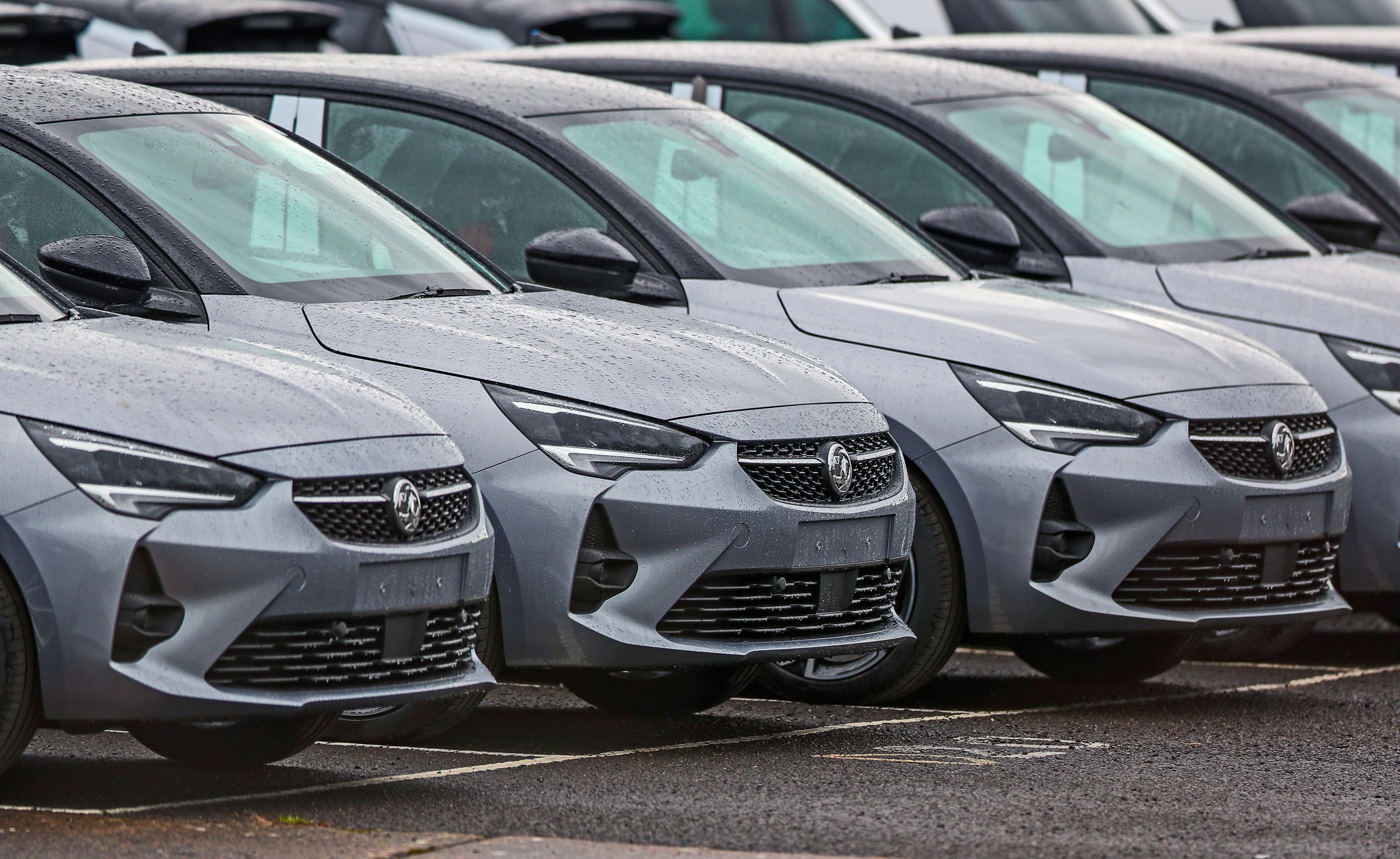Demand for new cars remains below pre-pandemic levels
Sales of electric models continue to buck the trend, the Society of Motor Manufacturers and Traders said.

Demand for new cars remains below pre-pandemic levels but sales of electric models continue to buck the trend.
Provisional figures from the Society of Motor Manufacturers and Traders (SMMT) show UK registrations in January were more than a quarter higher than during the same month last year.
But the sector’s performance 12 months ago was severely affected by showrooms across the country being closed due to the coronavirus pandemic, with just 90,000 registrations recorded in January 2021.
The total for January 2020 – before the pandemic – was 149,000.
Sales continue to be restricted by low consumer confidence and the global shortage of computer chips, which is limiting supply.
One in five new car buyers last month chose a plug-in vehicle.
Battery electric vehicle registrations were up around 130% year-on-year, while demand for plug-in hybrids grew by approximately 45%.
Private registrations of all new car types rose by around 60%.
Confirmed figures will be published by the SMMT at 9am on Friday.
Jim Holder, editorial director of magazine and website What Car?, said the “health of the industry for 2022 remain precarious”.
He went on: “A partial recovery from last year’s dire 1.65 million new car registrations to a figure predicted to be nearer 2.0 million this year is welcome, and reflected by this month’s figures.
“But it is a far cry from the peak of nearly 2.7 million in 2016.
“It is clear that numerous issues, led by the semiconductor chip shortage, continue to throttle the industry’s recovery.”
He added that customers are the ones “ultimately paying the price” as new car prices are “rising rapidly” due to a combination of manufacturers increasing profit margins and raw materials becoming more expensive.